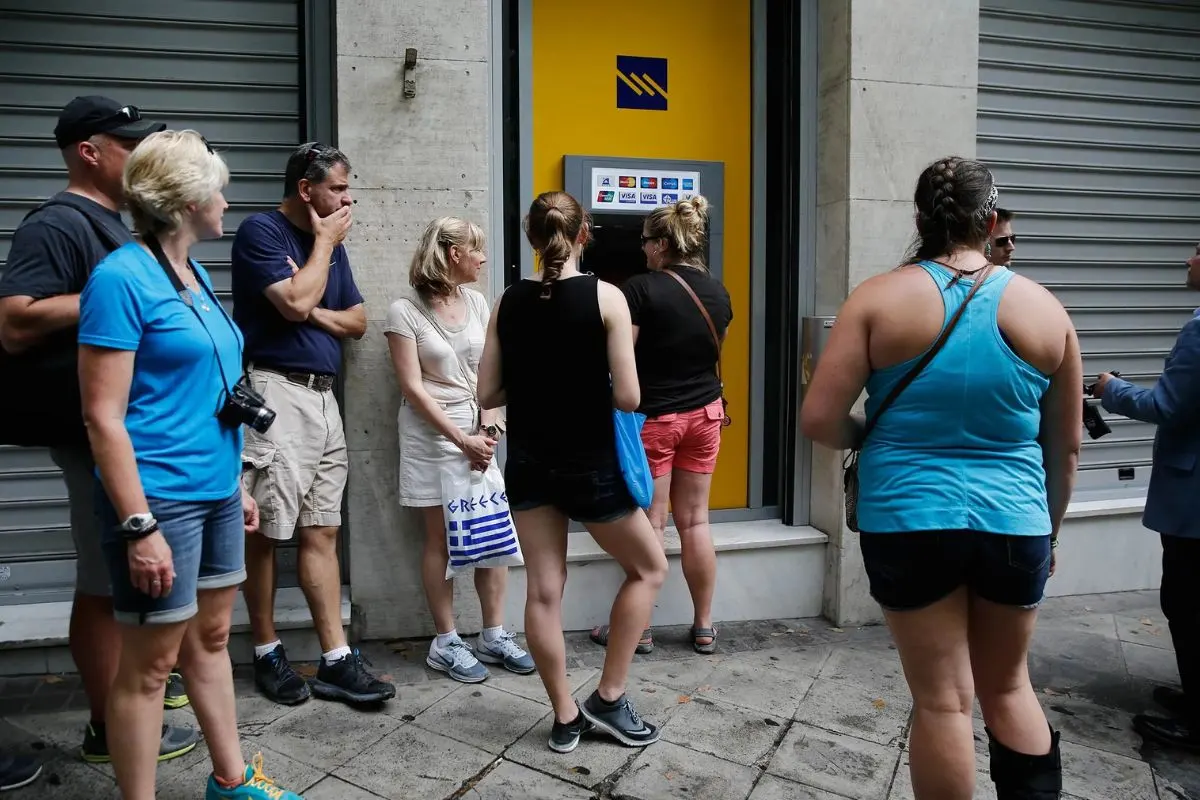Northern Greece – Five people, including children, have sustained injuries in a shooting incident believed to be linked to an ongoing feud between rival families at a Roma camp in the Imathia region of northern Greece.
Preliminary reports indicate that the injured parties include a father and four of his children, all of whom are currently receiving medical treatment at a Veria hospital. Doctors have reassured that their lives are not in immediate danger, according to the state-run Athens-Macedonian News Agency (AMNA).
The incident transpired on Monday evening when several armed men arrived at the family’s residence, armed with hunting rifles, and opened fire. Authorities are currently seeking six individuals in connection with the shooting.
About Roma People
The Roma people, often referred to as the Romani, have a significant presence in Greece, with estimates suggesting a population of around 200,000 individuals. They constitute one of the country’s most marginalized and vulnerable minority groups, facing various social, economic, and cultural challenges.
Historically, the Roma have been subjected to discrimination and exclusion in Greek society. They have faced issues related to access to education, healthcare, housing, and employment opportunities. Many Roma communities in Greece live in poverty, with limited access to basic amenities and social services.
One of the key challenges faced by the Roma population is inadequate housing. Many Roma families reside in informal settlements or overcrowded urban areas with substandard living conditions. Efforts to improve their housing situation have been met with various obstacles, including legal issues and social prejudices.
Access to education has also been a concern, as Roma children often face discrimination within the education system. Efforts have been made to increase school enrollment among Roma children and to combat discriminatory practices, but challenges remain.
Furthermore, unemployment rates among the Roma are higher than the national average, and they often engage in low-income informal work. Discrimination in the labor market remains a barrier to their economic advancement.
Despite these challenges, there have been initiatives by both the Greek government and various non-governmental organizations to improve the living conditions and social inclusion of the Roma population. Efforts include housing programs, educational initiatives, and vocational training opportunities.
In recent years, there has been a growing recognition of the need to address the issues facing the Roma in Greece and promote their social integration and inclusion. However, there is still much work to be done to ensure that the Roma population enjoys equal rights and opportunities in Greek society.











